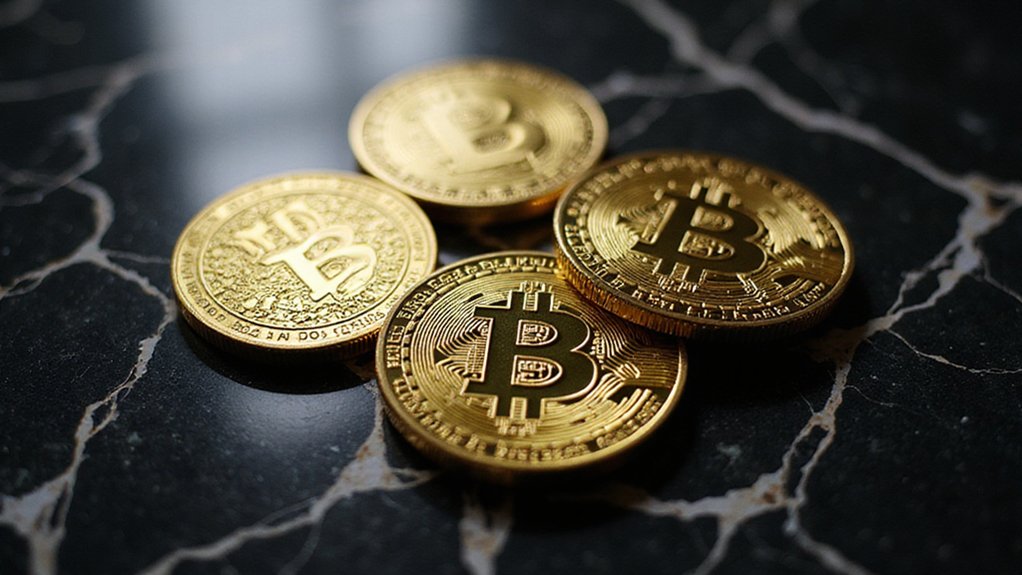Justin Sun emerged from the unlikely academic foundation of history and political economics to orchestrate one of cryptocurrency‘s most audacious—and polarizing—ventures in digital asset creation. Born in Hainan in 1990, Sun’s trajectory from Peking University history graduate to University of Pennsylvania economics scholar hardly predicted his eventual role as blockchain provocateur, though his early success with Peiwo—a social platform accumulating over 10 million users—suggested an entrepreneurial instinct worth monitoring.
From history scholar to blockchain provocateur—Sun’s unconventional academic path masked the entrepreneurial instincts that would reshape cryptocurrency’s landscape.
The Tron genesis story reads like classic crypto theater: a September 2017 ICO raising $70 million mere moments before China’s regulatory hammer descended, followed by the predictable Singapore foundation establishment and the obligatory migration from Ethereum’s ERC-20 infrastructure to independent mainnet status by June 2018. Sun’s timing, whether fortuitous or calculated, demonstrated the kind of regulatory arbitrage that separates survivors from casualties in digital asset markets.
The $140 million BitTorrent acquisition that same month represented something more substantial than typical crypto venture signaling—an actual revenue-generating asset with genuine utility. Integrating BitTorrent Token (BTT) into the torrent ecosystem while launching BitTorrent Speed created tangible use cases beyond speculative trading, a invigorating departure from vaporware proliferation plaguing the space.
Sun’s expansion into decentralized finance through the JUST platform and USDJ stablecoin minting demonstrated strategic positioning within emerging DeFi infrastructure. More notably, facilitating Tether’s USDT-TRC20 integration established Tron as Ethereum’s primary competitor for stablecoin transactions, capturing billions in daily volume—a metric that transcends mere marketing hyperbole. His diplomatic appointment as Grenada’s WTO Ambassador in 2021 provided additional legitimacy while advocating for cryptocurrency adoption on international stages.
Yet Sun’s leadership philosophy—demanding 996 working schedules while steering through whitepaper plagiarism accusations—reflects the cultural tensions inherent in bridging Eastern work ethic with Western crypto libertarianism. The Poloniex acquisition’s subsequent controversies, including a $120 million hack and questionable fund recovery practices, underscore the operational risks accompanying rapid expansion. Tron’s technical architecture supports processing approximately 2,000 transactions per second, positioning it as a high-performance alternative to congested networks.
Sun’s vision of revolutionizing digital content sharing through blockchain infrastructure remains compelling, particularly given Tron’s demonstrated transaction throughput and fee efficiency. While Tron traditionally focuses on infrastructure and utility tokens, the platform’s cost-effectiveness positions it to potentially support the emerging meme coin market that has shown explosive growth from $68.5 billion in 2024 to projected $925.2 billion by 2035.
Whether his eight-to-ten-year ecosystem development timeline proves prescient or optimistic depends largely on regulatory evolution and competitive positioning against established networks. The intersection of legitimate technological innovation with promotional excess continues defining Sun’s complex legacy within cryptocurrency’s ongoing maturation.









